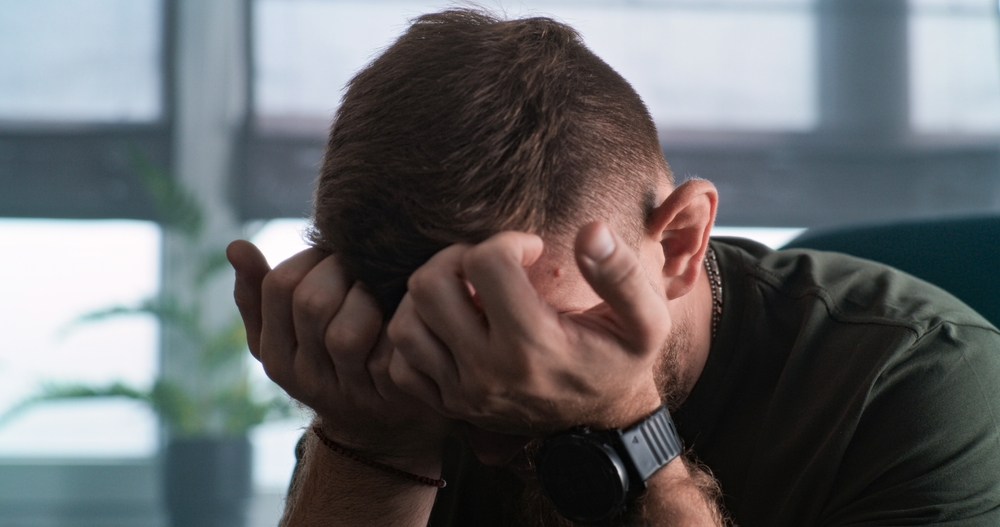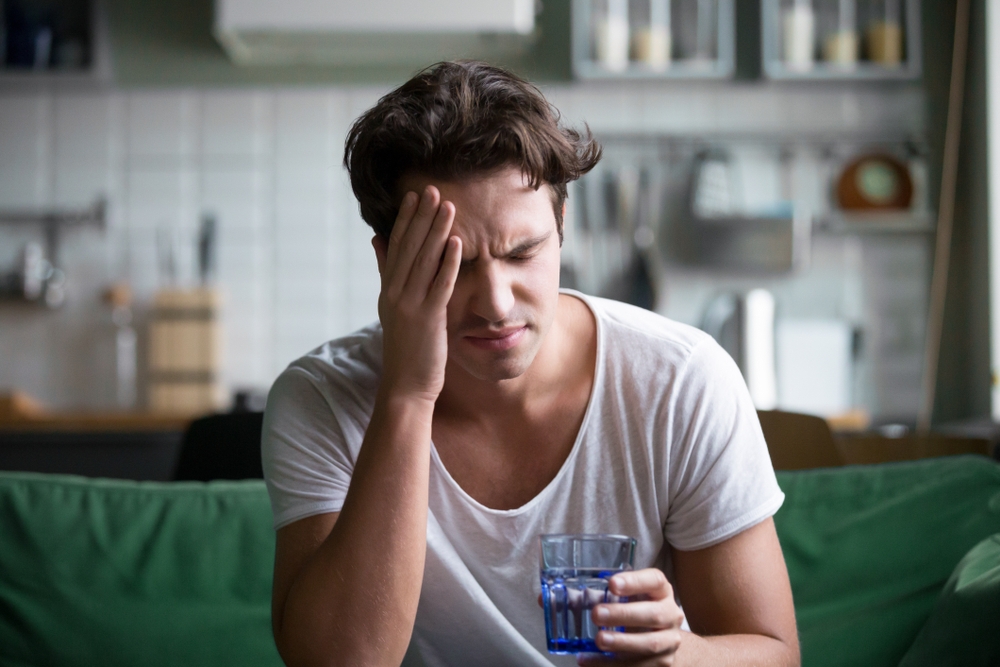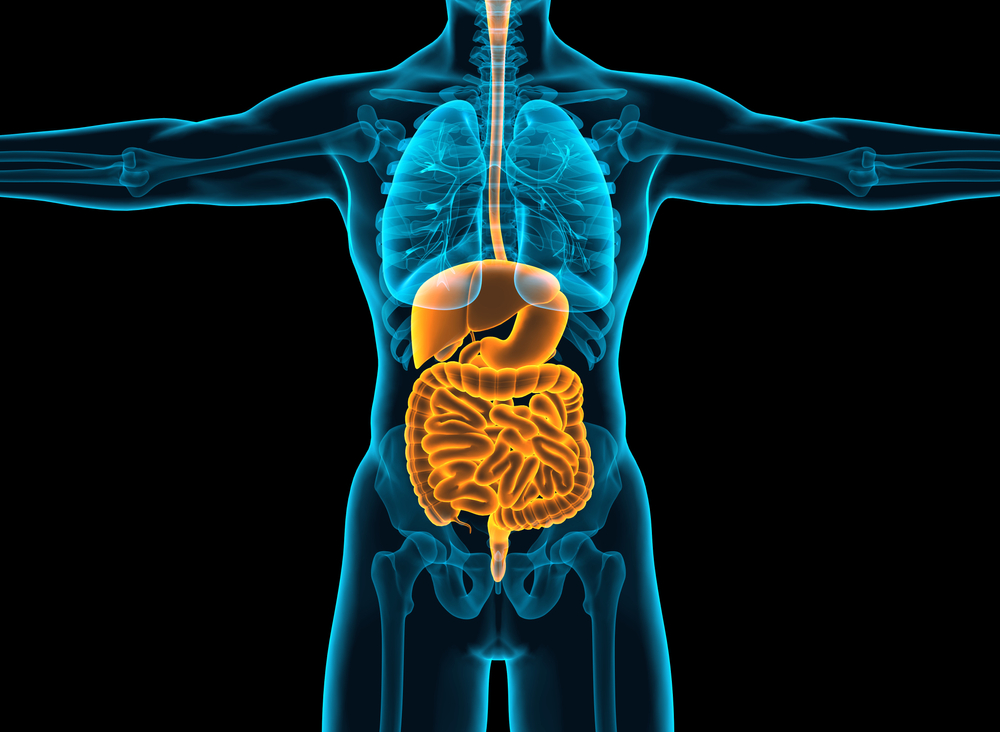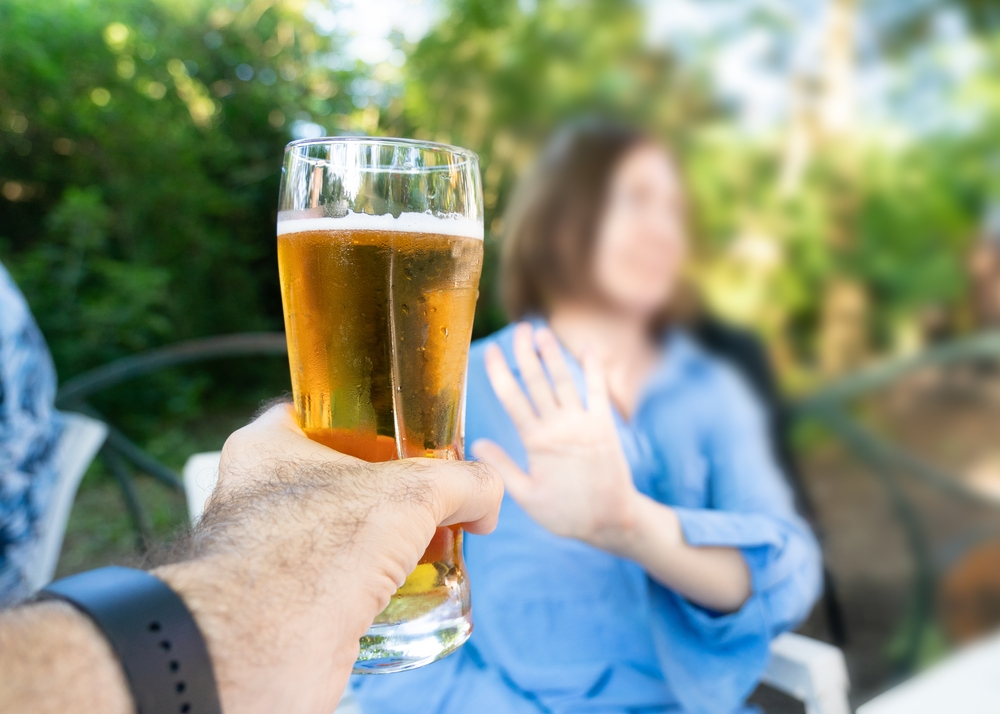How to Spot Complacency Before It Destroys Your Recovery
If you have been in the recovery community for any length of time, you have likely heard the old saying: "The road to recovery is like walking up a down escalator. If you stand still, you go backward."
It is a perfect analogy for February. The excitement of the New Year has faded. The "Pink Cloud" of early sobriety might be evaporating. You are back at work, the bills are coming in, and life is returning to its normal rhythm. And, surprisingly, you feel… fine. You aren't shaking with withdrawals anymore. You aren't obsessing over your drug of choice every second of the day. You feel stable.
This stability is the goal of addiction treatment, but it can also be the breeding ground for one of the biggest threats to your sobriety: complacency.
Complacency is the silent killer of recovery. It doesn’t announce itself with a loud craving or a dramatic crisis. Instead, it whispers, "You've got this. You don't need that meeting tonight. You’re different now." Learning to spot this mindset before it takes root is critical for anyone hoping to stay sober for the long haul.
What is Complacency in Recovery?

Complacency in recovery is a state of satisfaction with yourself or your situation that prevents you from trying to improve. In the context of substance use disorders, it is a form of denial. It happens when the pain of your past addiction fades from your memory, and the urgency of your daily recovery work starts to feel like a chore rather than a lifeline.
When we are in active addiction, we are desperate for relief. When we first enter treatment, we are desperate for change. But when we get comfortable, that desperation vanishes. We forget how bad it was. We start to believe that our sobriety is a permanent trait we have acquired, rather than a daily reprieve dependent on our spiritual and mental condition.
The Phenomenon of Relapse Drift
Relapse rarely happens in a single moment. You don't just wake up one Tuesday and decide to use heroin or drink a bottle of vodka out of the blue. It is almost always the result of a slow, gradual process known as relapse drift.
Signs of relapse drift are subtle. It’s the slow erosion of the healthy boundaries you set in early recovery. It looks like:
- Skipping your home group meeting because you’re "too tired" or "too busy at work."
- Stopping your morning meditation or prayer.
- Reconnecting with old "using friends" because you think you are strong enough to handle it.
- Keeping secrets, no matter how small, from your sponsor or therapist.
This drift is dangerous because it feels safe. You might skip a week of meetings and stay sober, which reinforces the false belief that you don't really need them. But slowly, you are drifting away from the herd, making you vulnerable to the next storm that hits.

Identifying Emotional Relapse Warning Signs
Before you ever pick up a drink or a drug, you will likely experience an emotional relapse. This is the first stage of the relapse process, and if you can catch it here, you can turn the ship around.
Common emotional relapse warning signs include:
- Irritability and discontent: You feel annoyed by everyone and everything.
- Judgmental attitude: You start focusing on other people's failures rather than your own program.
- Isolation: You stop answering the phone or showing up to social events.
- Bottle-up emotions: You stop sharing what is really going on in your head.
- Poor sleep and eating habits: You stop taking care of your physical vessel.
If you notice these behaviors, consider it a massive red flag. Your brain is looking for an escape because you aren't managing your emotions. If you don't address these feelings with healthy coping strategies, your brain will eventually suggest drugs or alcohol as the solution.
The Danger of the Plateau
Sometimes, complacency sets in because you hit an addiction recovery plateau. You’ve done the steps, you’ve made the amends, and now life feels… boring. You might feel stuck, wondering, "Is this all there is?"
A plateau is not a failure; it is an invitation to grow. However, if you treat a plateau as a parking spot, you are in trouble. When we stop growing, we start dying. The boredom of a plateau is often what leads people to seek the chaotic excitement of their old life.

The Importance of Spiritual Maintenance
At More Than Rehab, we operate on a social model of recovery that emphasizes connection - to others, to yourself, and to a power greater than yourself. This is where spiritual maintenance in sobriety becomes non-negotiable.
Spiritual maintenance doesn't necessarily mean going to church (unless that’s your path). It means consistently feeding your spirit. It means practicing gratitude, engaging in service work, and staying connected to the "we" of recovery.
When you become complacent, your ego takes over. You start thinking "I" instead of "We." You stop being of service to others because you are too focused on your own comfort. Spiritual maintenance in sobriety is the daily act of deflating that ego. It reminds us that we are not the center of the universe and that our sobriety is a gift we must actively protect.
Actionable Steps: Updating Your Toolkit
If you recognize yourself in this description, don't panic. You can reverse the drift. Here are some actionable steps to get back on the road to recovery:
1. Review Your Relapse Prevention Plan: If you created a plan in treatment, pull it out. If you don't have one, write one now. Effective relapse prevention plan examples include specific "if/then" scenarios:
- If I feel an urge to use after work, then I will immediately call [Name] and go to the 7:00 PM meeting.
- If I feel lonely on the weekend, then I will schedule a coffee date with a sober friend.
- If I start feeling resentful at my job, then I will write a gratitude list of 5 things I appreciate about being employed.
2. Change Your Routine: Complacency thrives in monotony. Shake up your recovery. Go to a different meeting format. Read a new recovery book. Volunteer at a shelter. Force your brain to engage with recovery in a fresh way.
3. Book a "Tune-Up": Sometimes, we need professional help to snap out of it. There is no shame in returning to therapy or seeking outpatient care if you feel you are drifting. Inpatient treatment options aren't just for people who have already relapsed; they can be a powerful intervention for those who feel a relapse coming and want to stop it.
Conclusion
Recovery is not a destination; it is a way of living. It requires daily effort, honesty, and a willingness to stay teachable. Complacency tries to convince you that you have graduated. It tells you that the war is over. But for those of us with substance use disorders, the condition is chronic.
Don't let the comfort of a good life lull you into a false sense of security. If you spot the drift, reach out. Talk to your sponsor, your therapist, or the team at More Than Rehab. It is much easier to steer the boat back on course now than it is to pull yourself out of the water after you’ve capsized.
Frequently Asked Questions
1. What is the difference between being comfortable and being complacent?
Comfort is feeling peace and stability in your sobriety, which is a good thing. Complacency is assuming that peace will last forever without any effort on your part. Comfort involves gratitude; complacency involves arrogance and neglect of your recovery routine.
2. Can you relapse without ever using drugs?
Yes, this is often called a "dry drunk" or emotional relapse. You might exhibit all the behaviors of active addiction (lying, isolation, rage, irresponsibility, etc.) without actually consuming the substance. However, this state almost always leads to physical relapse if left untreated.
3. What should I do if I realize I am complacent?
Action is the antidote to complacency. Tell on yourself immediately. Share in a meeting that you have been drifting. Commit to doing one recovery-related task today that you have been avoiding. Secrets keep us sick, while honesty heals us.
4. Is it normal to feel bored in recovery?
Absolutely. After the chaos of addiction, a peaceful life can feel boring. This is a common addiction recovery plateau. The key is to reframe "boredom" as "peace" and find healthy, exciting ways to fill your time, such as hobbies, exercise, or helping others, rather than seeking the artificial excitement of drugs.
Have you been feeling the drift? If you feel your recovery slipping, or if you have already relapsed, you are not alone. More Than Rehab is here to help you get back on solid ground.
Call us 24/7:


























